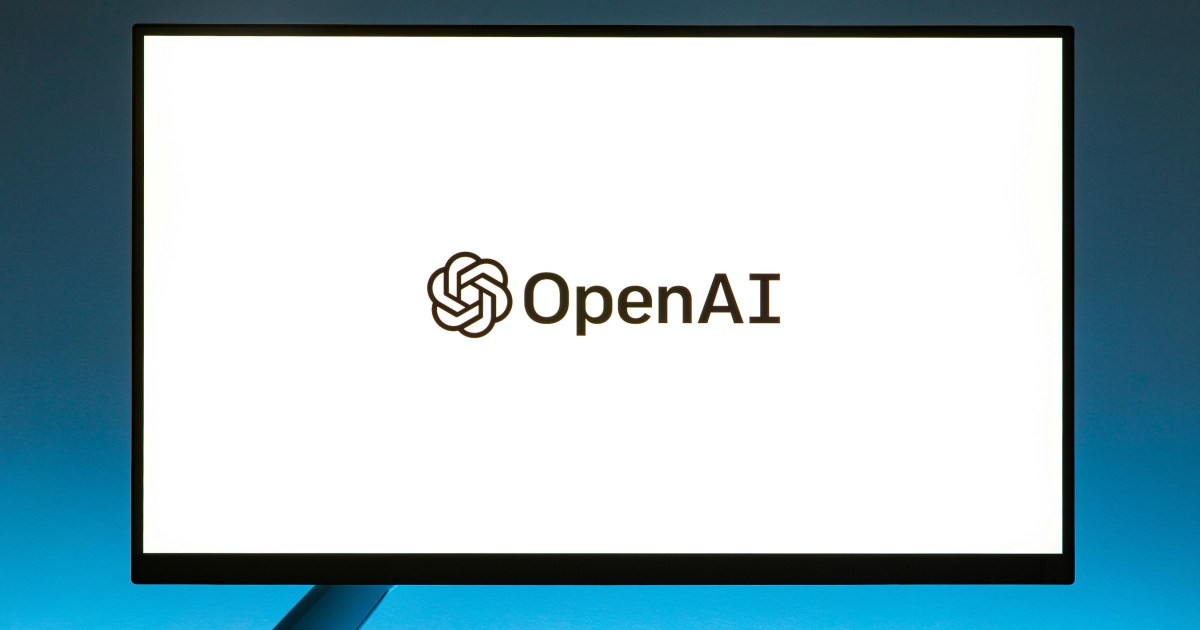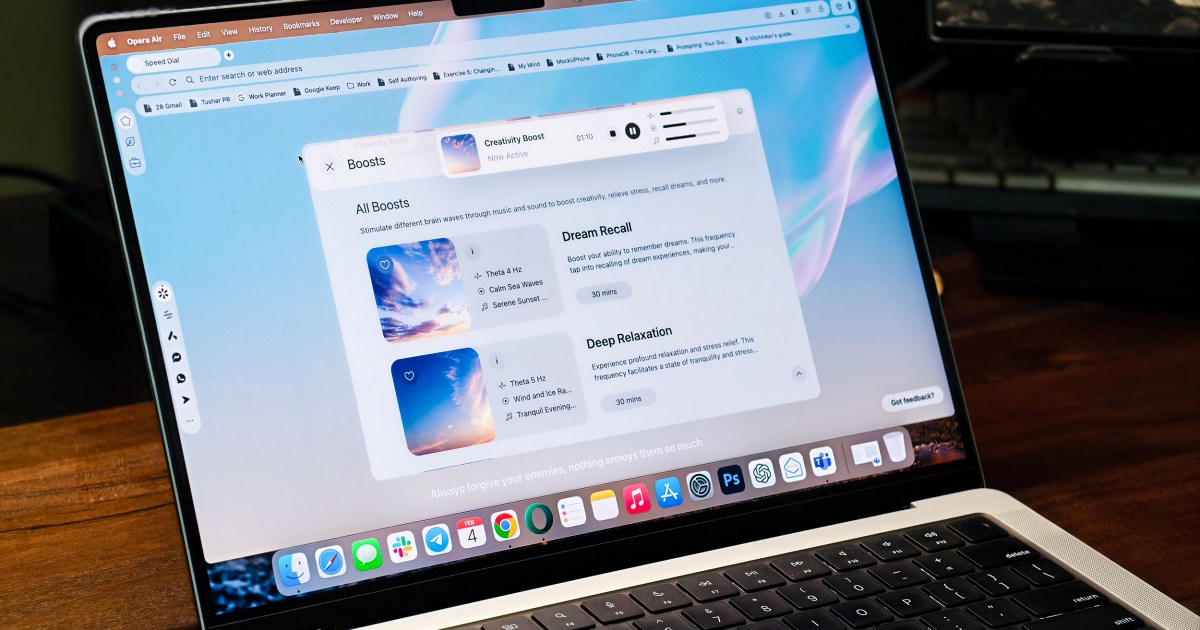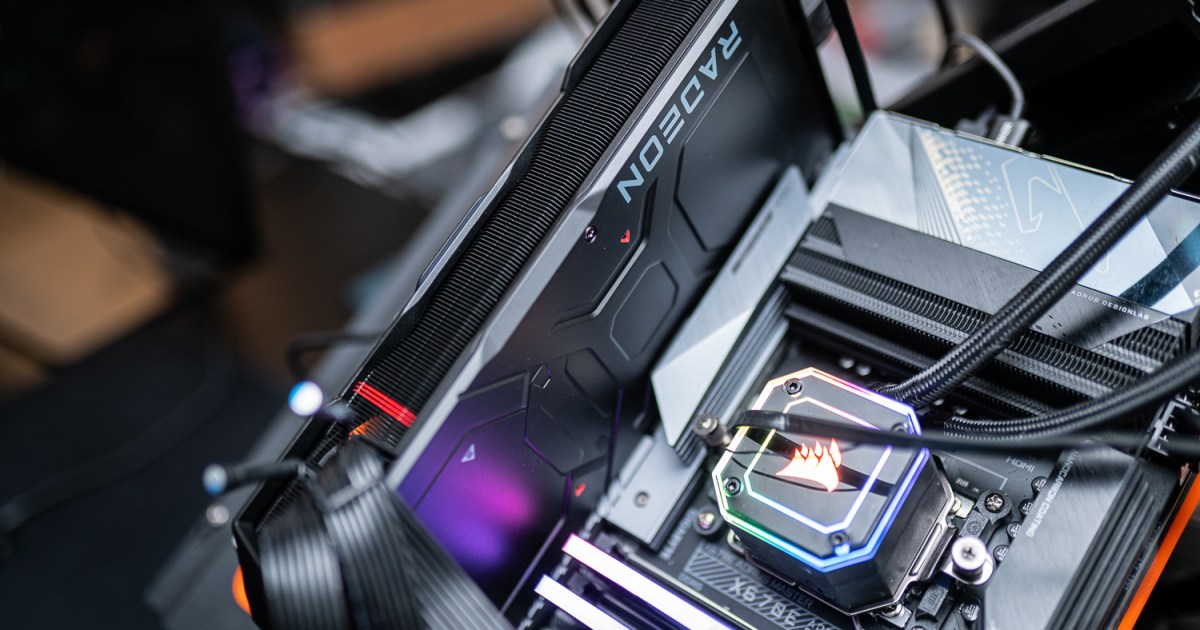OpenAI has unveiled Deep Research, a groundbreaking AI tool designed to revolutionize how we conduct online research. This new AI agent can perform complex, multi-step research tasks on the internet, accomplishing in mere minutes what would take a human researcher hours, according to OpenAI.
Revolutionizing Research with AI
Deep Research simplifies the research process. Users provide a prompt, and the AI agent leverages the power of ChatGPT to scour, analyze, and synthesize hundreds of online sources. The result? A comprehensive report comparable to the work of a seasoned research analyst. OpenAI demonstrated Deep Research’s capabilities in a recently released video.
Target Audience and Benefits
This powerful tool caters to professionals in demanding fields such as finance, science, policy, and engineering, providing them with reliable and in-depth insights. It also benefits consumers seeking informed purchasing decisions for products requiring extensive research, like cars, appliances, and furniture. Deep Research outputs include clear citations and concise summaries, making it easy to verify information and trace the research process. Essentially, this feature streamlines tedious research tasks, delivering niche information efficiently from a single query.
“Like a Superpower”: Insights from Sam Altman
OpenAI CEO Sam Altman described Deep Research as akin to having a “superpower” – providing access to experts on demand. He highlighted its ability to navigate the internet, conduct intricate research and reasoning, and deliver a comprehensive report, all within a timeframe and cost significantly less than traditional methods. While acknowledging its current computational intensity and relative slowness, Altman emphasized that Deep Research is the first AI system capable of handling such a diverse range of complex, valuable tasks.
Functionality and Availability
Deep Research typically requires between 5 and 30 minutes to complete its tasks. Users receive a notification upon completion, and the final output is delivered as a text-based report via ChatGPT. OpenAI plans to enhance these reports in the coming weeks by incorporating embedded images, data visualizations, and other analytical outputs for improved clarity and context.
Currently, Deep Research is available as part of OpenAI’s Pro tier, priced at $200 per month, with a limit of 100 web queries per month. Access through mobile and desktop apps is anticipated by the end of February. The feature will also be rolled out to Plus, Team, and Enterprise customers soon, with eventual availability for free-tier users. Altman encouraged users to test Deep Research on their most challenging work tasks solvable through internet research.
Addressing Limitations and Future Improvements
OpenAI acknowledges that Deep Research, in its current form, may face challenges in distinguishing authoritative information from rumors and exhibit weaknesses in conveying uncertainty accurately. Additionally, initial reports may contain minor formatting errors in citations. OpenAI anticipates rapid improvements in these areas with increased usage and further development.
The Latest in OpenAI’s AI Agent Lineup
Deep Research’s arrival follows closely on the heels of another OpenAI AI agent, Operator. This human-assistant-like agent performs web-based tasks such as making reservations, booking trips, and ordering groceries based on user requests.
Conclusion
Deep Research marks a significant step forward in AI-powered research. While still in its early stages, its potential to transform how professionals and consumers access and process information is undeniable. As OpenAI continues to refine and expand its capabilities, Deep Research promises to become an increasingly valuable tool for navigating the complexities of the digital age.











